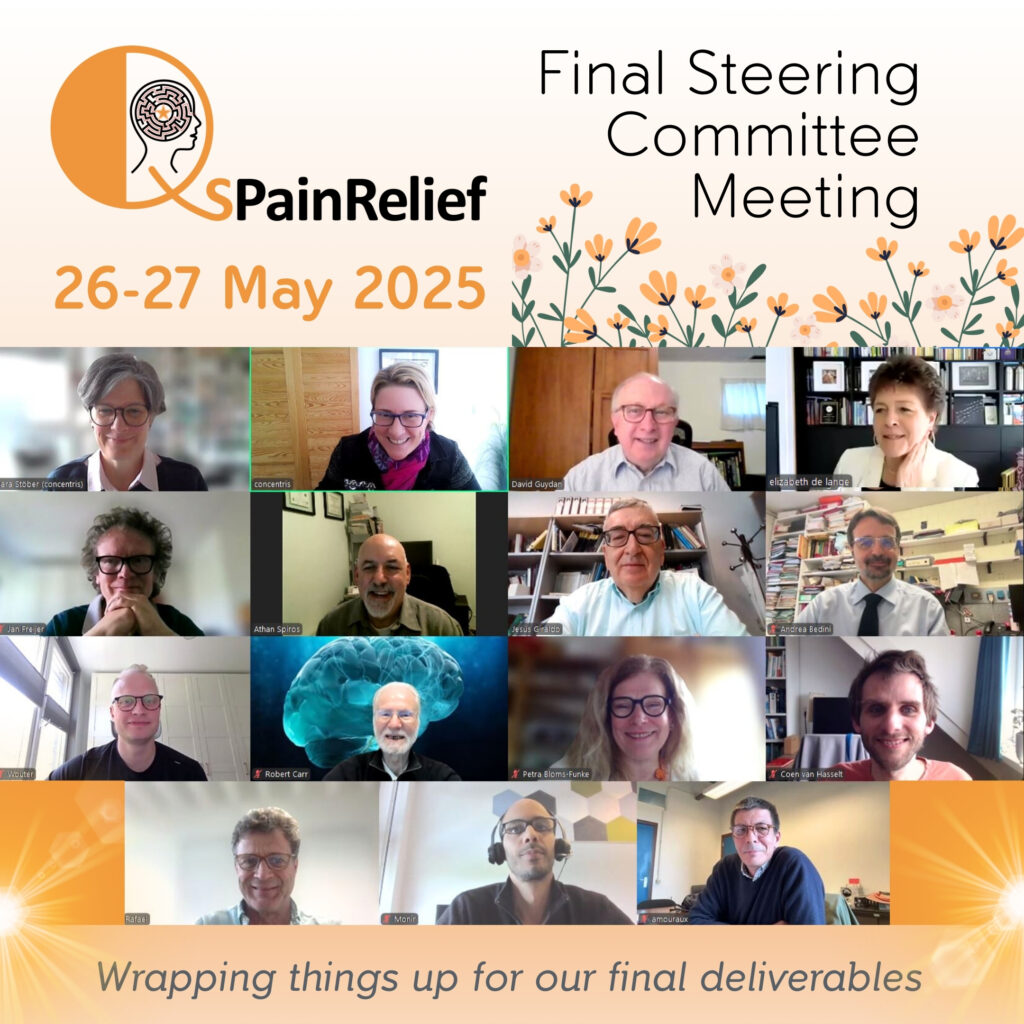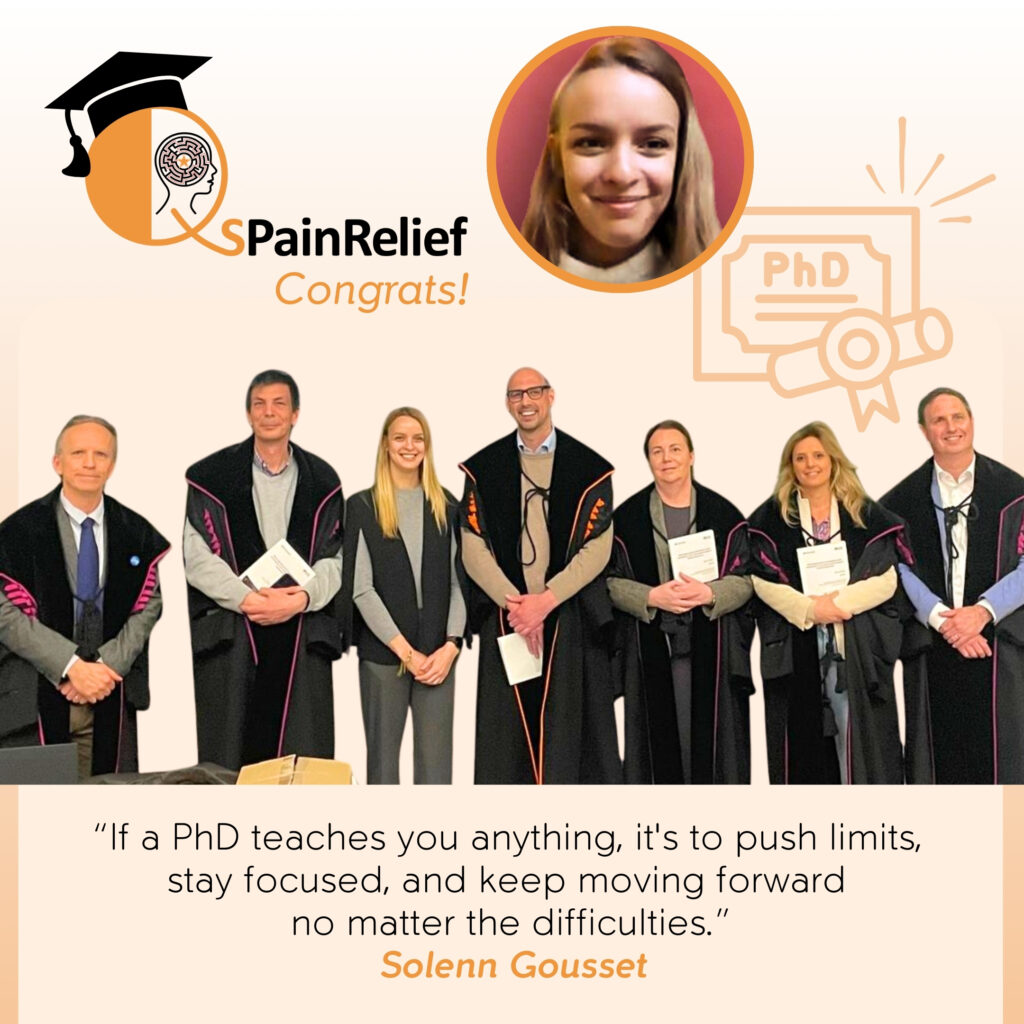Summary Statement
10 institutions in Europe and the USA collaborate for the next 5 years to help patients suffering from chronic pain. QSPainRelief aims to develop effective drug combination treatments for the improved relief of chronic pain. A quantitative systems pharmacology (QSP) mathematical modelling approach will be used to identify and validate more effective therapeutic interventions by smart combinations of existing drugs. The ultimate goal is to personalise and maximize pain relief for individuals suffering from chronic pain while diminishing side effects.


